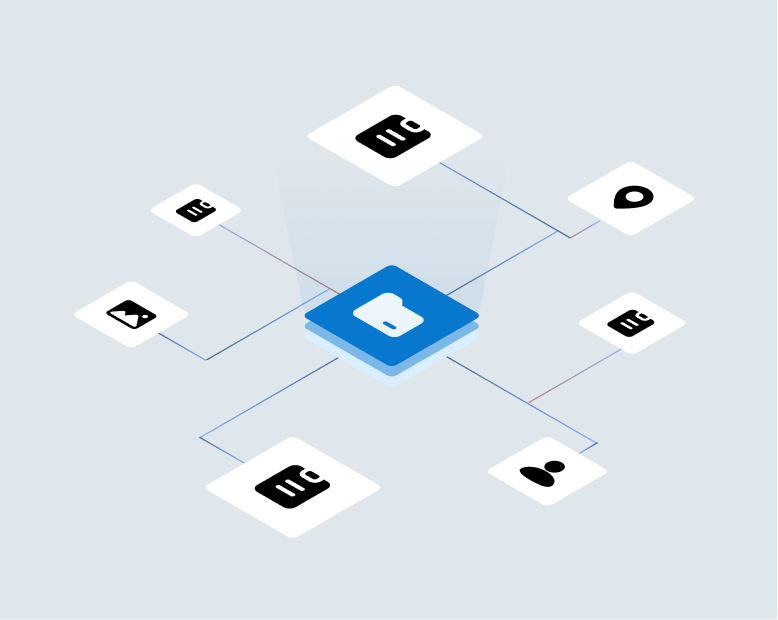The Verisk situation underscores the growing consumer unease surrounding the collection and use of personal data. Verisk partnered with major automakers like Ford, GM, Honda, and Hyundai to collect driving data. This data was shared with insurers, enabling personalized discounts for safe drivers. However, the program raised consumer concerns. Media reports exposed instances of GM sharing data without explicit customer knowledge, leading to lawsuits alleging privacy violations and potential premium increases. The resulting backlash prompted Verisk to terminate its telematics program.
This situation underscores the growing consumer unease around data collection, consent mechanisms, and use in the insurance industry. The lack of transparency in telematics programs, coupled with similar concerns about aerial home imagery, illustrates a serious erosion of trust. We recently discussed the conflict between carriers and homeowners in an article – Aerial Imagery Sparks Debate – Is There a Better Way to Assess Risk?
Consumers are increasingly worried about the hidden ways their data is used to potentially impact their insurance rates.
Restoring Trust: The Need for Transparency and Consumer Empowerment the Verisk controversy highlights the insurance industry’s need to urgently address the trust deficit and move away from opaque data collection practices. To rebuild damaged customer relationships, insurers must embrace:
- Transparency: Clear and direct communication with consumers about what specific data is collected, why it’s needed, and exactly how it will influence their insurance experience.
- Informed Consent: Consumers should have the explicit power to choose whether to share data and the specific purposes for which it can be used.
- Secure Channels: If consumers agree to share information, robust secure mechanisms should be in place to protect data during transmission and storage.
Prioritizing these principles not only demonstrates respect for consumer privacy but also has substantial benefits for insurers:
- Enhanced Trust: Trust is the foundation of a strong customer relationship. Transparent, ethical data practices can foster lasting positive sentiment and a willingness to share data.
- Accurate Risk Assessments: When data exchange is open and consensual, insurers can still obtain necessary data for accurate risk profiling without alienating customers.
- Improved Workflows: Reliance on questionable third-party data sources creates legal and ethical vulnerabilities. A more direct consumer-to-insurer approach streamlines data flows and reduces potential risks.
Looking Ahead: Consumer-Centric Solutions Technologies like VeracityID’s idFetchTM could provide a framework for insurers to embrace privacy and consumer empowerment. With solutions like this, insurers could directly request needed consumer information, placing data control squarely in the hands of the consumer while fostering transparency around its use.
The insurance industry has a choice. Will it cling to old ‘surveillance’ models that jeopardize consumer trust, or will it embrace solutions that prioritize consensual data sharing? We believe cooperative relationships between carriers and their customers will yield the best results.


